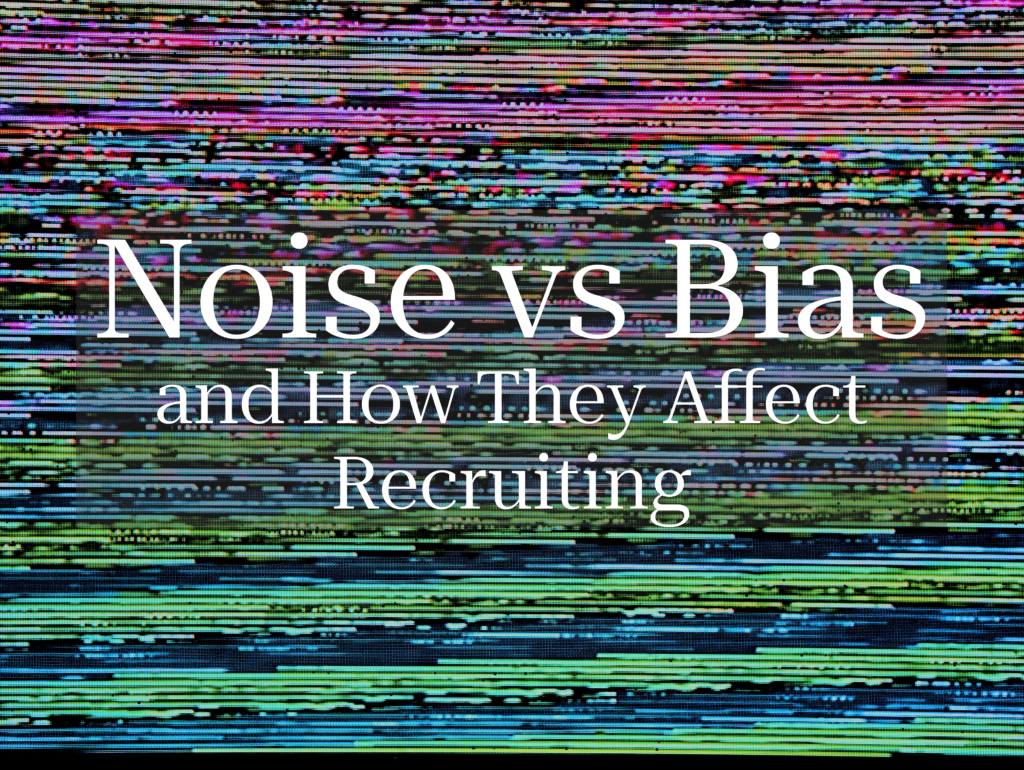Success in TA today is no longer primarily determined by the practitioner’s grit and ability to speedread through hundreds of resumes. The increasing complexity of technology and competitive nature of TA has become a survival-of-the-fittest test amongst many companies, where the livelihood of their employees is literally held in the balance. So, what is the work-life like for TA pros in 2024 (beyond this article’s dystopian-esque intro), and what can shift the odds of employment survival in their favor?
David Bach, Senior Director of TA at Labcorp, was recently on the other side of the hiring process. Last year, Bach was forced to look for work in an industry where he had prospered for almost two decades acquiring talent for a multitude of companies. He is well trained in hiring processes and procedures, with an impressive skill set that would be highly desirable for most TA positions. However, it was five months before he was able to find work in his current position for Labcorp. His experience brings some fresh insight into the process of what is, and what is not, working in the TA field.
Technology Dissatisfaction and the Talent Shortage
Most organizations are experiencing a shortage of top talent access, argues Bach. By this he means not only competing with other businesses to acquire talent but also within institutions themselves, that create self-imposed talent deficiencies due to a lack of implementing “innovating tech with genuine human connection.”
While some innovative technology, such as AI chatbots, can ask scripted questions for candidates and then respond in a human-mimicked fashion, they’re still limited in their ability to respond to candidate inquiries which can create frustration and dissatisfaction. A similar example would be calling or texting AI customer support, only there is no option to communicate with an actual human (we’ve all been there.)
The ATS Graveyard
The candidate’s frustration, contributes to “alienating passive talent.” This occurs when candidates give up on applying for positions in a company and internalize their irritation into negative opinions of said company’s brand, as their data resides mostly forgotten in an ATS.
For most organizations this internal data is treated as a resume graveyard (which even includes silver medalists), instead of a potential talent goldmine. According to MarketWatch writer Eli Smith, if “TA specialists handle hard-to-fill positions, it is even more important for them to have a pool of potential candidates to pull from.”
Rethinking Talent Search: Beyond Keywords
Some businesses put forth effort searching through their ATS database to resurrect applicant interest. This usually involves a keyword search for skills, even an AI keyword search is typically confined to exact word matches without contextuality of a candidate, and this operation is prone to bias. MIT Technology Review contributors Sheridan Wall and Hilke Schellmann observe, “men are more likely to apply for jobs that require work experience beyond their qualifications, women tend to only go for jobs in which their qualifications match . . . Men also include more skills on their résumés at a lower degree than women.” How does this occur, and can it be avoided?
Exact skill matches only identify what an applicant has chosen to include on a resume. A contextual and holistic AI search for a candidate employs parsing technology to derive skills from the language in a resume that is not necessarily directly written, thereby reducing bias. mojohire.ai has developed this AI technology, and it is capable of processing tens of thousands of records within an ATS in a matter of seconds for best-fit applicants. In addition, mojohire.ai’s search criteria are completely customizable as well.
The Human Touch in a Tech-Driven World
It is easy to grow complacent in one’s position as a TA professional over time, especially in an employer’s market. Organizations would be wise to reexamine the importance of adapting ever evolving technologies that do not lose the human connection when attempting to attract talent. Otherwise, they’re not really attracting anyone. As David Bach reminds us, “Talent acquisition isn’t about slots and vacancies. It’s about people, their aspirations, and their worth.







